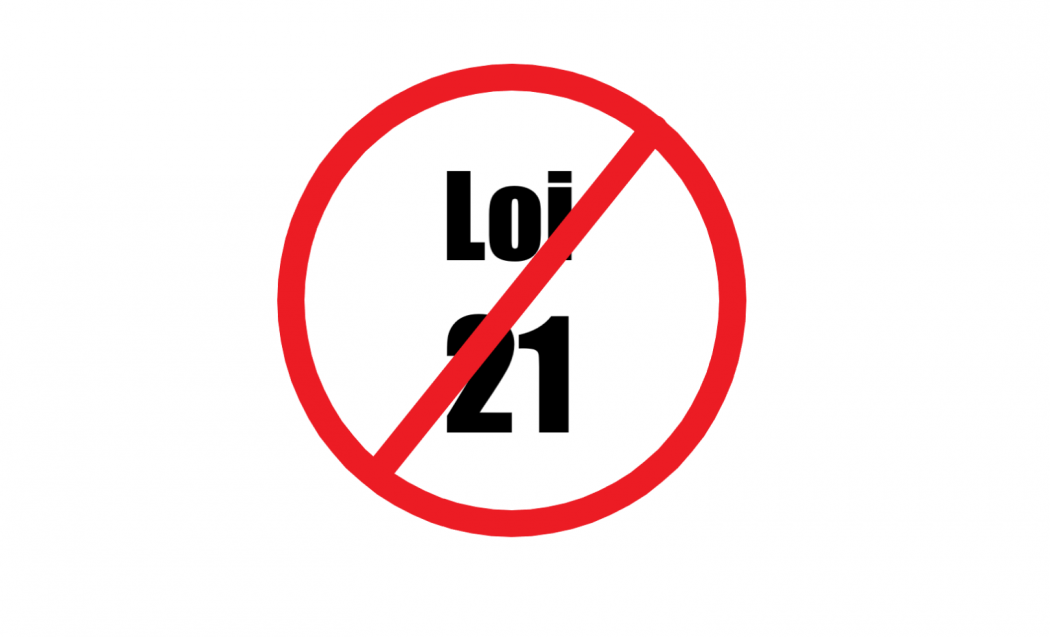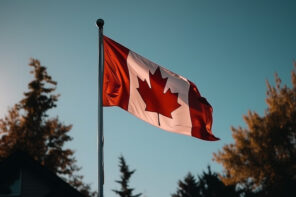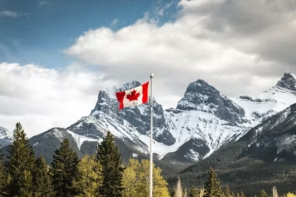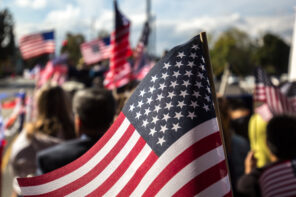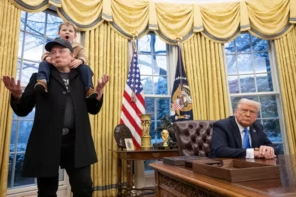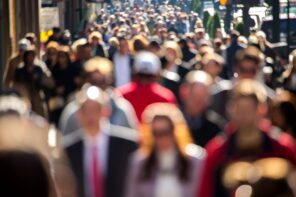The term “Islamophobia,” although a buzzword we often find scattered around in our morning news and Twitter feeds, was first introduced in a 1910 thesis by Alain Quellin. Quellin articulates the term as islamophobie, or “a prejudice against Islam that is widespread among the peoples of Western and Christian civilization.” This word represents a long-standing negative history with Islamic communities: a history filled with hate and inequality.
The phenomenon of intolerance against Muslim people has an extensive history in our nation. One of the most notable early instances of this phenomenon were the 1907 Anti-Oriental Riots in Vancouver: a three-day period in which anti-immigration attitudes manifested into violent attacks against Chinese, Japanese, Sikh, and Muslim minorities. Seven years later during World War I, the Canadian government set up internment camps across the country for Muslim immigrants in order to isolate the minority communities from the public. Early events like these set a precedent for future Islamophobia, solidifying the anti-immigration hatred that would come to define the next few years.
However, when looking at the true catalyst of modern-day Islamophobic ideology, we can point specifically to the September 11, 2001 attacks. As a response to these extremist terrorist attacks, the values of Canadian government went through an immediate transformation in which security became the chief concern. The “War on Terror” swept through the world in full force. The events of September 11th left us with a toll of 2 977 casualties. However, the aftermath was even more disastrous. A study done by Neta C. Crawford in November 2018 totaled the amount of deaths as a direct result of the War of Terror in Iraq, Afghanistan, and Pakistan in 2018 as 480 000-507 000, not including indirect deaths or deaths as a result of the War in Syria. These deaths are a result of the War on Terror, yet they go unrecognized on our days of mourning.
Modern-day Islamophobia has tainted our perception of the value of human life, therefore prioritizing American lives, namely white American lives, over Iraqi, Afghani, Pakistani, or Muslim lives. In the wake of the Iraq War, American Muslims became subject to various hate crimes, including death threats, violence, and even sometimes murder. This incarnation of Islamophobia became a constant aspect of everyday life that targeted innocent people.
My family has been lucky enough to evade any violent discrimination, yet microaggressions are still a constant in our lives.
Although these injustices are foreign to me, my father’s family hails from Pakistan and many of them have been subject to discrimination on varying levels. My family has been lucky enough to evade any violent discrimination, yet microaggressions are still a constant in our lives. We have been targeted by TSA at the airport for “random checks,” and we have been the recipient of aggressive stares from strangers when wearing a hijab or niqab. These are actions that modern day Muslims are forced to accept as a harsh reality.
Moreover, police-reported hate crimes targeting Muslims in Canada tripled between 2012 and 2015, according to a 2017 Statistics Canada report. According to police statistics across Canada, hate crimes targeting Muslims increased 253% in three years, climbing from 45 crimes in 2012 to 159 crimes in 2015. One of the most devastating instances of Islamophobia in recent memory was the 2017 Québec City mosque shooting. On January 29, 2017, six worshippers were killed and nineteen were injured. These tragic events inspired a global conversation on the catastrophic, devastating effects of Islamophobia. Public vigils were held across the country to commemorate the innocent lives lost and to show support for the Islamic community. More recently, a mosque shooting in Christchurch, New Zealand was the deadliest shooting in New Zealand history, leaving 51 dead and 49 injured. These hate crimes horrifically targeted Muslim people: a direct result of the misinformation and hatred spread through the War on Terror campaign.
In Quebec, the institution of Bill 21—a concerted governmental effort to ban the donning of religious symbols for public service employees—represents a recent incarnation of Islamophobia in this province. Bill 21 took effect in June 2019 and “disproportionately impacts people who may already be marginalized,” according to the Canadian Civil Liberties Association (CCLA). Government practices like these are what sustain Islamophobia in the modern day, essentially giving Québecois citizens permission to express their hatred legally. Protests against the Bill took place across the province, including some on McGill campus.
Hate crimes, harmful stereotyping, and nasty social media comments persist, creating and perpetuating unsafe environments for Muslim people.
U3 Philosophy and Economics student Adam Gwiazda-Amsel has been an active member in these on-campus protests, the largest of which totaled an estimated 200-250 people in attendance. Gwiazda-Amsel’s goal in these protests was to “embolden those who are not working against this bill and signal that there is an effort to centralise the efforts going on outside the courts.” He hopes to see the province as “more tolerant and safe for everyone,” through having the “tough conversations necessary to dispel the fears that are getting more and more of a platform.” Students and community leaders like Gwiazda-Amsel are doing the work that is crucial to fight against unfair, harmful stereotyping that is tainted with Islamophobia.
As we transition into the modern day, it’s clear that there is still a lot of work to be done to ameliorate Islamophobia and intolerance. Hate crimes, harmful stereotyping, and nasty social media comments persist, creating and perpetuating unsafe environments for Muslim people. Most recently, U.S. tensions with Iran escalated to an all-new high, resulting in American President Donald Trump ordering the execution of Qassem Soleimani, the Iranian major general. Threats of retaliation from both parties grew with time, resulting in high tensions. Despite the probability of a real war erupting, the tensions have spurred a new wave of Islamophobia already taking over social media.
The War on Terror normalized Islamophobia in the West, with mosque shootings, restrictive bills curbing civil liberties, and microaggressions following suit. The possibility of a war with Iran could be another disastrous catalyst for Islamophobia in the West, which I believe has the danger to cause hate crimes to reach an all-time high.
Resisting the possibility of war with Iran, supporting Iranian and Islamic people in Canada and in the U.S., and halting Islamophobic comments when presented to us is crucial for survival in future years. Not just for the well-being of Muslim lives, but also for the fabric of our democracy and society.

